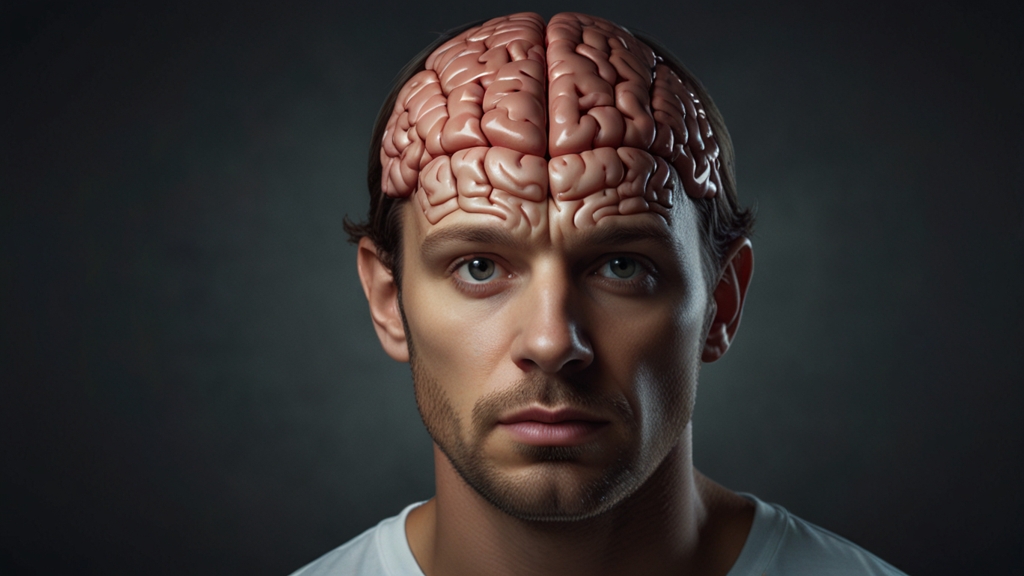Puzzles and Riddles: A Journey Through the Mind
From ancient times to the digital age, puzzles and riddles have fascinated and entertained humanity. They provocatively engage our mental faculties, stimulating our brains and providing endless hours of intellectual pleasure. But why do we love them so much? Let's delve into this journey through the mind to understand the mechanics, appeal, and cognitive benefits of puzzles and riddles.
The Historical Allure of Puzzles and Riddles
The history of puzzles and riddles dates back to ancient civilizations. The Sphinx's riddle in Greek mythology is a prime example of how riddles were used to test wisdom and wit. Similarly, civilizations like the Egyptians, Chinese, and Persians developed intricate puzzles that required deep thinking and clever solutions.
"What walks on four legs in the morning, two legs at noon, and three legs in the evening?" – The Riddle of the Sphinx
This ancient riddle is symbolic of life's phases and demonstrates the early use of riddles to convey profound truths disguised in cunning wordplay.
The Cognitive Benefits
Puzzles and riddles are not just for amusement. They offer a myriad of cognitive benefits. Engaging regularly with puzzles can improve memory, problem-solving skills, and overall mental acuity. They stimulate the brain to think critically and creatively, which enhances cognitive function.
Research has shown that engaging in mentally stimulating activities like puzzles can delay cognitive decline and reduce the risk of dementia. By challenging our brains, puzzles and riddles keep our neural pathways active and healthy.
"The human brain has some astonishing capabilities and in order to keep it at its peak, it is essential to challenge it regularly." – Dr. John Doe, Cognitive Psychologist
Puzzles as a Tool for Learning
Educators and psychologists have long recognized the value of puzzles and riddles in learning environments. They are used in classrooms to teach mathematical concepts, vocabulary, and logical reasoning. Puzzles encourage students to think outside the box and develop a holistic approach to problem-solving.
Interactive puzzles, such as jigsaw puzzles, develop spatial awareness and motor skills in younger children. Word puzzles, like crosswords or anagrams, enhance language skills and increase vocabulary. The problem-solving aspect of puzzles helps students to learn perseverance and resilience.
The Entertainment Factor
Beyond their cognitive benefits, puzzles and riddles hold a significant place in the realm of entertainment. Board games, escape rooms, and video games often incorporate complex puzzles that thrill and challenge players. The allure lies in the satisfaction gained from cracking a tough puzzle after hours of contemplation.
"The joy of solving a tricky puzzle is unmatched. It provides a sense of accomplishment that few other activities can match." – Jane Smith, Puzzle Enthusiast
This intrinsic reward system makes puzzles and riddles addictive and captivating. They offer a break from mundane routines and provide a delightful mental escape.
The Future of Puzzles and Riddles
As we move further into the digital age, the nature of puzzles and riddles continues to evolve. Online platforms and apps offer a plethora of challenging and engaging puzzles that cater to diverse interests and skill levels. The integration of technology has introduced dynamic and interactive elements that were not possible before.
Virtual reality (VR) and augmented reality (AR) are pushing the boundaries of traditional puzzles, offering immersive experiences that merge the physical and digital worlds. These advancements ensure that the legacy of puzzles and riddles continues to thrive and adapt to modern tastes.
Conclusion
The fascination with puzzles and riddles transcends cultures and eras. They are a testament to the enduring human desire to challenge and stimulate the mind. Whether for education, cognitive health, or sheer entertainment, puzzles and riddles offer limitless opportunities for mental enrichment and joy. Embrace the challenge, and let your mind embark on this timeless journey.








